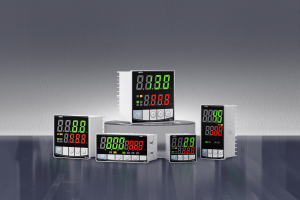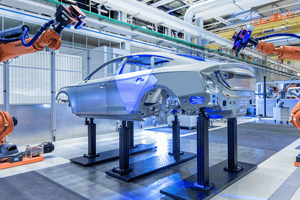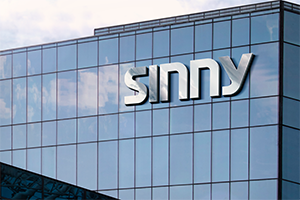Top 10 Industrial Temperature Controllers for Efficient Process Control
You can check out these ten industrial temperature controllers that deliver efficient process control and learn about their features and benefits to select one that best meets your requirements.
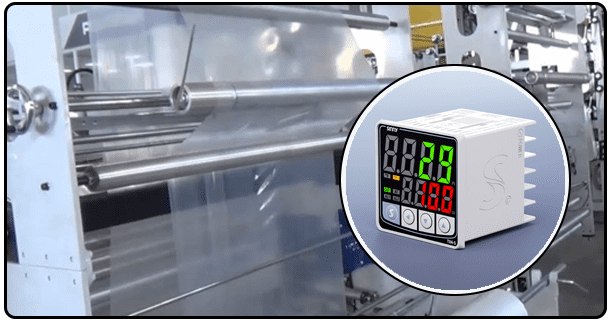
1. Introduction
Precise temperature regulation in industrial processes is vital to effective process control, with temperature controllers playing an essential role in providing precise regulation within an ideal temperature range and assuring product quality, operational efficiencies, and overall safety across various industrial applications. This article will look at ten industrial temperature controllers that will improve process management and overall performance.
2. Criteria for Selecting Temperature Controllers
Accuracy and Precision: Accuracy and precision are crucial when selecting temperature controllers, especially those designed to control precise processes like fermentation. A high accuracy rate helps ensure temperatures stay within their intended ranges while precision improves the quality and consistency of finished products.
Reliability and Durability: In industrial settings, the reliability and durability of temperature controllers are of utmost importance. Temperature controls must withstand harsh environments while continually operating without incurring downtime risks - essential features for meeting production schedules and quality standards. Reliable controllers reduce downtime risks while assuring consistent performance that ensures production schedule adherence while meeting quality standards.
Ease of Use and Integration: When considering user-friendly controllers and seamless integration into existing systems, ease of use is paramount. Programmable, simple controls can save time and reduce errors; seamlessly connecting other equipment can boost overall process efficiency.
3. Top 10 Industrial Temperature Controllers
The Omron E5CC Series: With its superior precision and user-friendly interface, Omron's E5CC Series of temperature controllers stands out as one of the premier choices among temperature controls for food processing and packaging applications. Offering advanced control features as well as simple programming functionality - making the Omron E5CC suitable for many different processes including food manufacturing.
Honeywell UDC3200: The Honeywell UDC3200 is widely recognized for its superior performance and advanced features, such as accurate temperature regulation, simple configuration options and reliable operation - ideal features to consider in demanding industrial settings.
Yokogawa UT35A: Known for its reliability and ease of integration, the Yokogawa UT35A stands out among industrial temperature controls with accurate temperature controls that support various communication protocols - making it suitable for complex processes.
Eurotherm 3504: The Eurotherm 3504 delivers superior control accuracy and flexibility with advanced algorithms for precise temperature regulation and easy integration into existing systems.
Fuji PXR4: Compact and versatile, the Fuji PXR4 can fit a range of applications thanks to its reliable performance, user-friendly programming interface and compact size - ideal for spaces with limited available floorspace.
Watlow EZ-ZONE PM: Renowned for its modularity and advanced control options, Watlow's EZ-ZONE PM offers flexible temperature regulation solutions. It has features such as remote monitoring and control to increase usability.
Autonics TC Series: The Autonics TC Series offers an assortment of models designed to meet varying requirements for temperature control. It provides reliable temperature regulation with intuitive operation. Plus, it comes equipped with features that are ideal for industrial environments.
Delta DTA Series: Combining affordability with reliable performance, the Delta DTA Series provides cost-effective temperature regulation solutions with accurate temperature regulation capabilities and easy integration into other systems.
ABB C100: Featuring advanced algorithms for precise temperature regulation, the ABB C100 was built for use in demanding industrial environments and is optimized to deliver reliable operations at high-performance levels.
Schneider Electric Zelio: Renowned for its ease of use and integration capabilities, Schneider Electric Zelio provides reliable temperature control with numerous communication protocols, making it suitable for industrial applications of all kinds.
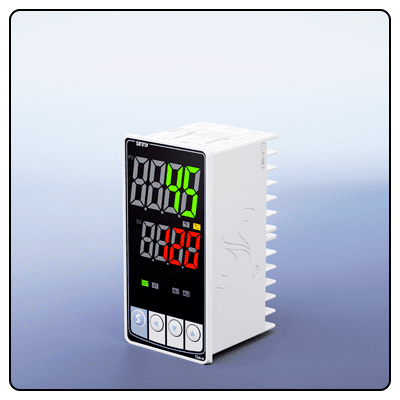
4. Key Considerations in Selecting a Temperature Controller
Application Requirements: When choosing a temperature controller, it must meet the exact needs of its application. I think factors to consider when selecting an effective controller include required temperature range, accuracy, and precision requirements, as each application could have unique specifications that need your attention when making this choice.
Environmental Conditions: Consider all elements in your environment when selecting a temperature controller, from extremes in temperature and humidity levels, exposure to dust or chemicals, and the proximity of any potentially hazardous environments that might require reliable performance in its controller selection process. You can choose one that can withstand such circumstances for the best performance results.
Budget Considerations: Budget considerations should play a critical role when purchasing temperature controllers, and both initial and ongoing costs must be carefully assessed during the selection process. While initial expenses must not be underestimated, evaluation must also take place over time.
Consider factors like maintenance costs, energy efficiency, and potential downtime reduction while improving productivity when estimating the long-term value of the controller.
5. Conclusion
Selecting an industrial temperature controller that best meets your process control requirements can be daunting, yet choosing from this article's top ten temperature controllers provides many features and benefits that will assist process management while increasing overall performance. Manufacturers can find their perfect temperature controller solution by considering factors like accuracy, reliability, ease of use, and budget.
6. FAQs
Q1: What Is an Industrial Temperature Controller?
A1: An industrial temperature controller is a device that achieves and maintains desired temperature ranges throughout various industrial processes.
Q2: Why can temperature controllers improve process efficiency?
A2: Temperature controllers play an integral part in maintaining precise temperatures that ensure processes run efficiently, thus increasing overall productivity while decreasing downtime.
Q3: What factors should I consider when purchasing a temperature controller? A3: When you're looking for the appropriate controller, please keep the following in mind: accuracy, reliability, ease of use, integration capabilities, and budget constraints in mind when making your choice.
Q4: Can temperature controllers help reduce energy costs?
A4: Yes. By maintaining optimal temperatures and using less energy consumption overall, temperature controllers help significantly bring energy bills down and operational expenses.
Q5: Which advanced features should I look for in a temperature controller?
A5: Some key advanced features to watch include autotuning, adaptive control, remote monitoring capabilities, and support for multiple communication protocols.
- Benefits of Utilizing a Temperature Controller in Your Home
- The Role of Industrial Temperature Controllers in Manufacturing


